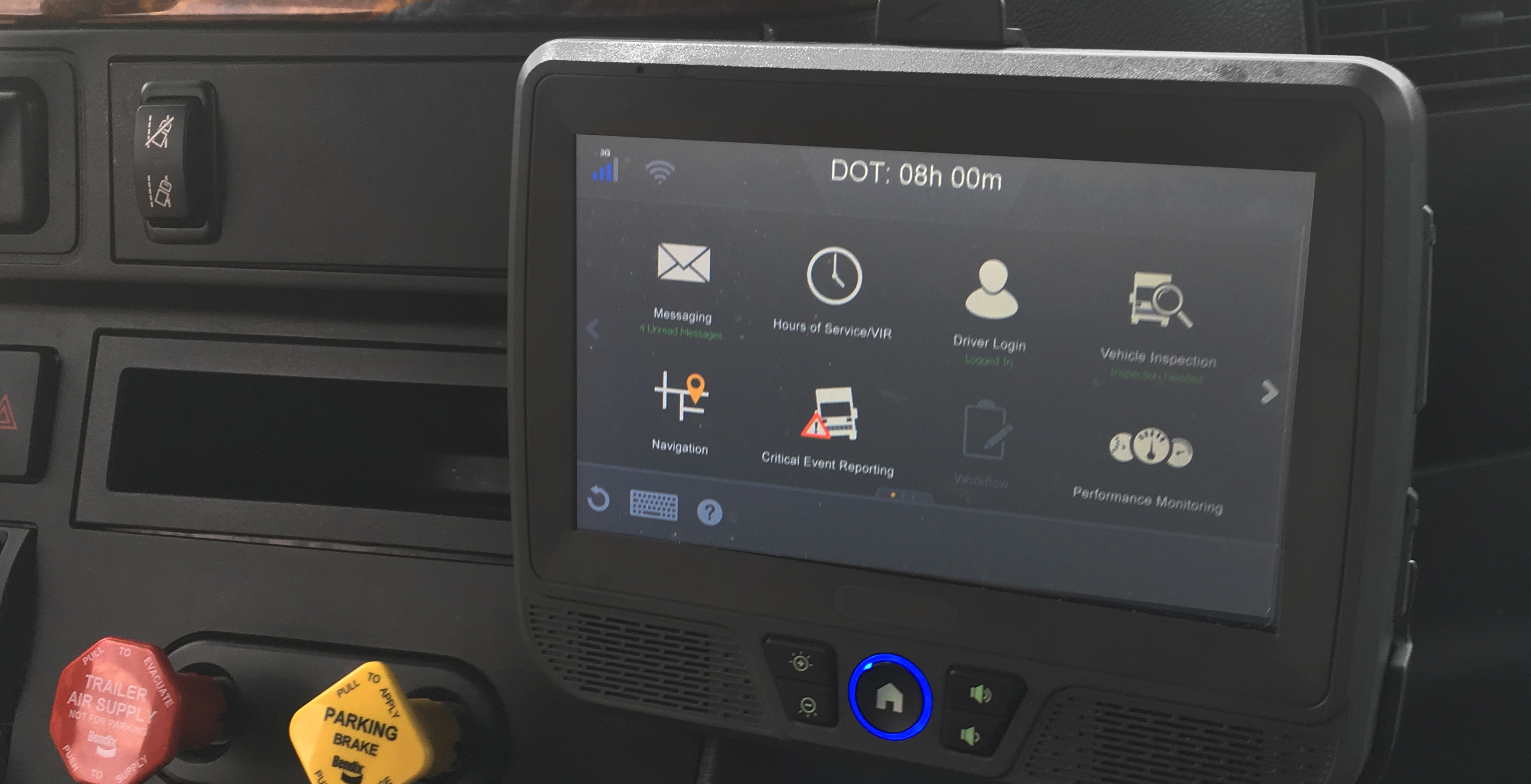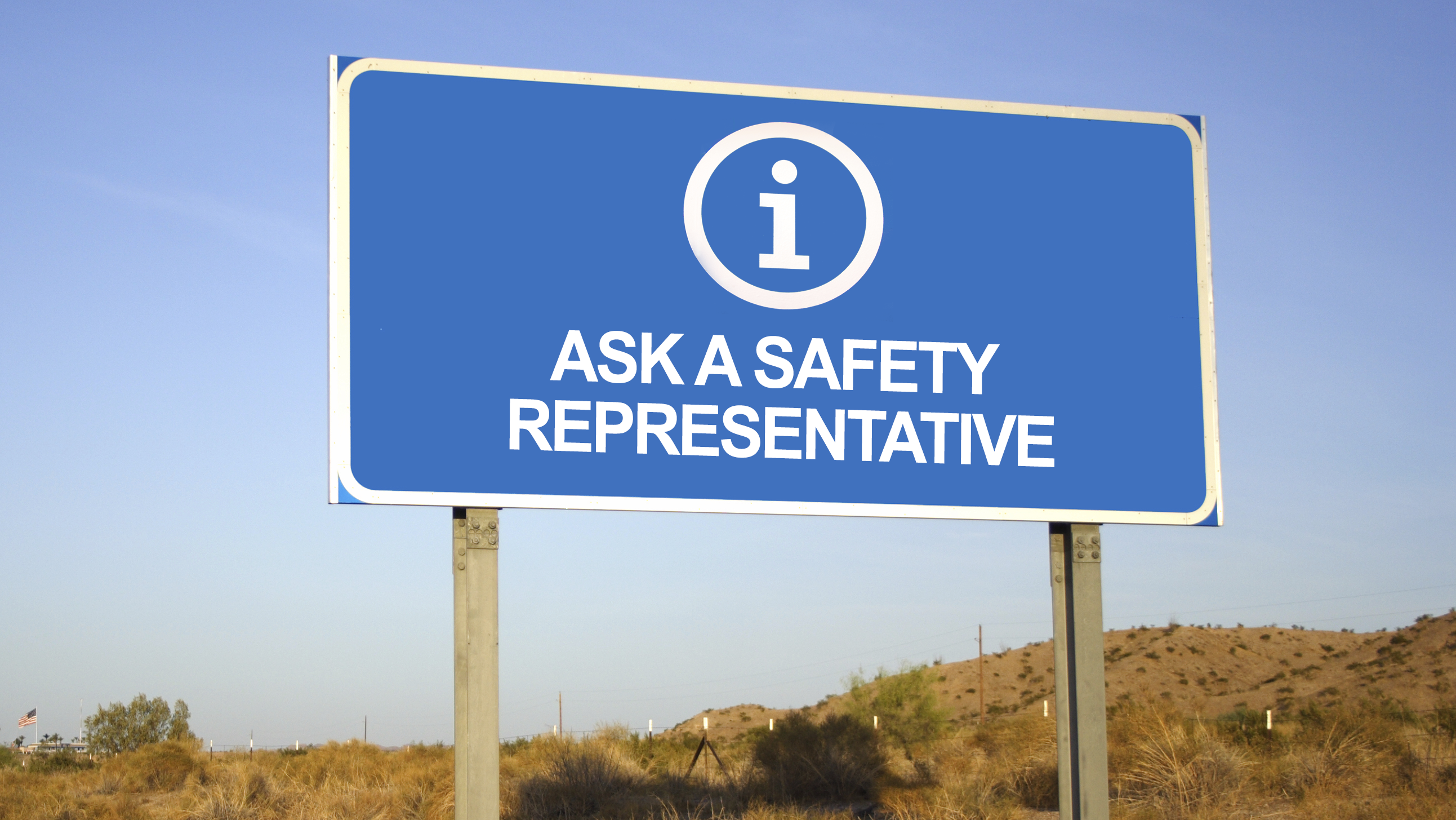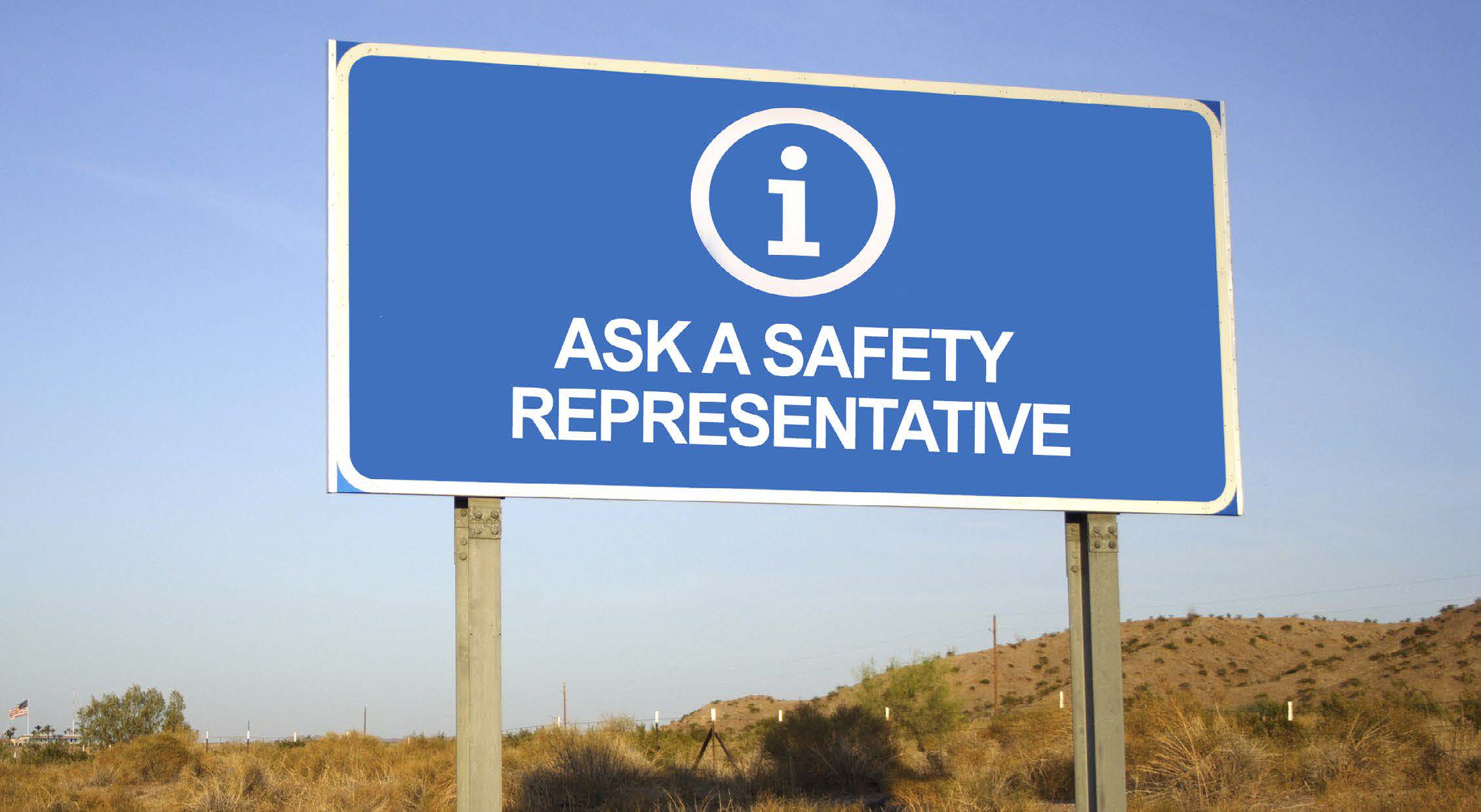Are You Ready? Helpful Hints for Choosing an ELD System
Since the system will involve hardware and software, you will need to consider when and how the...

Great West |
Since the system will involve hardware and software, you will need to consider when and how the...

Great West |
Slips and falls are the leading cause of workplace injuries. These incidents often result in...

Great West |
The mandate for installing and using electronic logging devices (ELDs) in commercial vehicles...

Great West |
The Commercial Vehicle Safety Alliance is drumming up awareness for its Brake Safety Day on...

Great West |
For many over-the-road drivers, finding an available place to stop or rest for the night after an...

Great West |
On June 12, 2017, the U.S. Supreme Court announced that it will not hear the Owner-Operator...
.jpg)
Great West |
Great West Casualty Company’s underwriting guidelines are developed using data from industry...

Great West |
What is the new drug and alcohol testing rule for motor carriers who lease drivers from a staffing...

Great West |
The Commercial Vehicle Safety Alliance (CVSA) will hold its 30th annual International Roadcheck...

Great West |

Great West |
I have heard that some may be exempt from using electronic logging devices (ELDs). Is that true?

Great West |
With the start of the new year, there are numerous regulatory updates that motor carriers should be...